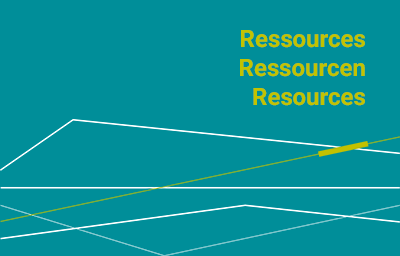Working Paper Vol. 12
The year 2020 challenged and put into question seeming certainties. The nation states responded to the spread of the coronavirus with varying restrictions of freedom(s), as well as temporary reintroduction of border controls or closures. 35 years after the signing of the Schengen Agreement, the issue of internal border controls within the EU resurfaced – with varying effects on border regions. Buildung upon a constructivistic perspective and based on a qualitative content analysis of newspaper articles of the Saarbrücker Zeitung in spring 2020, the Working Paper traces central discussion processes with a spatial focus on the cross-border area of the Greater Region. Our findings show that reports on securing border crossings outweigh those about reopening borders, underlining the effect of border closings as a sudden rupture with major effects on the lives of border residents, especially cross-border commuters. The actors demand a significant expansion and intensification of cross-border communication and cooperation in response to these experiences.

